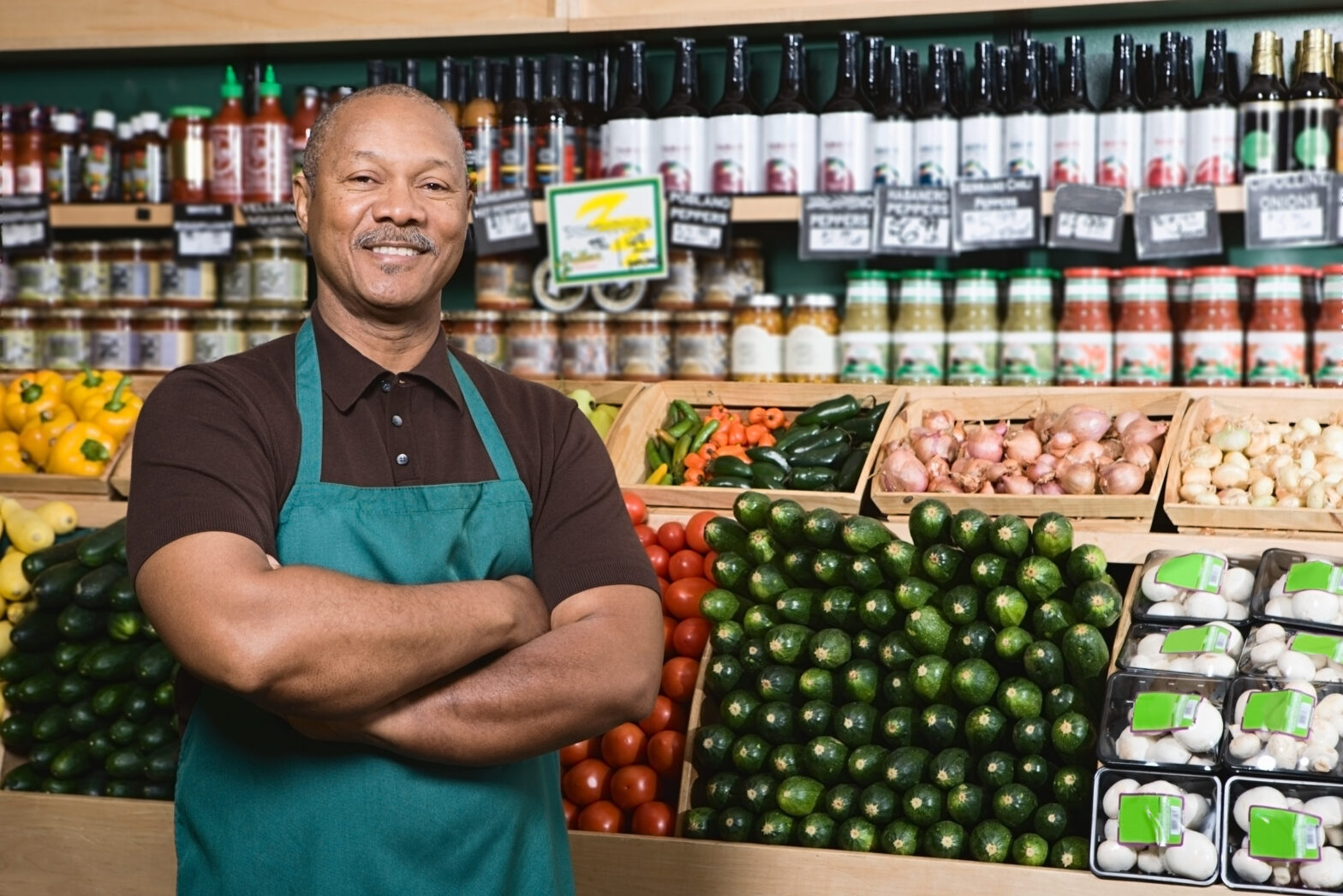Whilst it can seem like a dream set up, if you have ever owned your own business, or work from home on a regular basis, there will undoubtedly be times as a sole traders where you’ve felt isolated, alone or questioned your decision.
In fact, research from Acas finds that around a fifth (20 per cent) of homeworkers often feel socially isolated – a figure which is expected to grow in 2017.
But is this feeling of isolation normal? And what can you do to overcome it?
‘The feeling of isolation can be quite traumatic, especially if a person has previously been office-based and they are used to social interactions on a daily basis,’ comments Eugene Farrell, head of trauma support services at AXA PPP healthcare.
‘We spend roughly 90,000 hours of our lives working, and when an average of 38 hours per week spent interacting in a workplace disappears, some people can find it hard to adjust.’
According to the Federation of Small Businesses, there were a record 5.5 million private sector businesses operating in the UK at the start of 2016, with the number of sole trader or self-employed increasing by 84,000.
Sixty per cent of these private sector businesses are operated on a sole trader basis, not employing anyone other than the owner themselves.
Eugene continues, ‘It’s really important to start to make new connections, either by planning face-to-face meetings, or joining likeminded business networking groups. Collaborative working environments, such as WeWork, can also give you that sense of social interaction with other self-employed peers.’
Further reading on sole traders
Sole traders risk loneliness in their quest for fulfilment
Working for yourself is better for your wellbeing and relationships, but can lead to loneliness if you don’t get the balance right, research finds.
As the number of self-employed people in the UK reaches record levels*, setting up as a sole trader isn’t just good for the UK economy but good for our health too, according to a study released by a co-working space in London.
Huckletree interviewed 4,000 solo workers and entrepreneurs about their experiences of working at home, with 43 per cent saying that working from home makes their relationship with their partner or spouse better, with only 14 per cent of people saying their relationships had suffered as a result of their changed working style.
The majority (55 per cent) list improved work/life balance as the main benefit of working for yourself, with spending more time in bed accounting for 22.8 per cent of respondents.
Significantly, the second best thing about being a freelancer is ‘avoiding office politics’, which 35 per cent of people identify as a benefit, while 25 per cent of respondents say that being able to be there for children when they needed them was an advantage of solo working.
The research shows it isn’t all about the ‘big things’ in life. Other benefits include being able to have the TV or radio on (13 per cent), being able to ‘chill out’ sometimes (23 per cent) and being able to eat/drink/smoke whenever you like (14 per cent).
However, 38 per cent of respondents say working from home left them lonely, and 48 per cent that they would like other people to bounce ideas off.
Some 22 per cent say they get easily distracted while working at home, while 5 per cent regret the fact that even though they dress up and make an effort with their appearance, there is nobody there to see them.
Owner of Hucketree Gabriela Hersham says that the study shows that working from home can improve our relationships, sense of wellbeing and work-life balance.
However, she adds, ‘The research still showed that even those who did find their lives had improved because of the autonomy of being a free agent still had a big colleague-shaped hole in their lives.
‘When you’re working on your own all day, it’s very easy to feel lonely. Perhaps the solution is to find a way of extricating the best bits of being employed, like having colleagues to bounce ideas off, from the worse bits, such as office politics and not having control over how you work.’
How much freelancers missed the social aspect of working in an office was underscored by the sort of qualities they would look for if they were to choose a new shared workplace for themselves, with the type of people they’d work with identified as crucial.
Two fifths (42 per cent) say they’d look for ‘a community I can connect with’, and 31 per cent report they’d like to work in a community where there were creative people.
*Figures from the Office for National Statistics indicate that the economic recession has led to a spike in the number of people giving solo working a try, with the number of people classing themselves as self-employed peaking dramatically in the period between January and March 2014, when the number of self-employed people increased by 375,000 to reach 4.55 million.
See also: Should I go sole trader, partnership or limited company?





